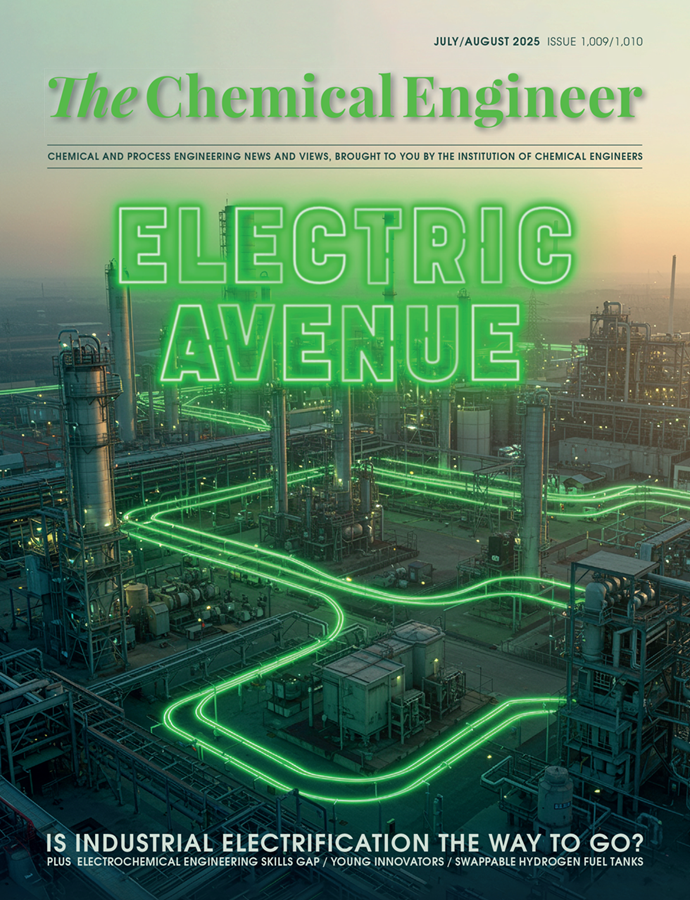Industry makes urgent call for investment ‘reboot’ to support European Green Deal

EUROPEAN industry has presented the Antwerp Declaration for a European Industrial Deal, an urgent call to revitalise the bloc’s industrial landscape.
With industry experiencing site closures, production halts, and jobs cuts, the Declaration states that “Europe needs a business case, urgently”. It calls for a European Industrial Deal that complements the existing European Green Deal, a package of initiates aimed at putting the EU on the path to net zero, and keeps high quality jobs for European workers.
It was presented to Belgian prime minister Alexander De Croo and European Commission president Ursula von der Leyen at the European Industry Summit. The summit, which brought together European leaders, trade unions, and decision-makers from basic industry sectors, was hosted at a BASF site in Antwerp, Belgium.
The Declaration further outlines ten actions aimed at increasing European competitiveness, resilience, and sustainability in the face of “dire economic conditions”, including putting the Industrial Deal at the core of the new European strategic agenda, which will set out overarching priorities to guide the EU’s work for 2024–2029.
The European Chemical Industry (Cefic) said: “Only with a strong industrial fabric and a strengthened social dialogue in Europe can we ensure that the green transition is a just transition. The Declaration signifies a collaborative effort to tackle challenges and lays the groundwork for a reboot of industrial investment in Europe, marking the onset of the implementation of the European Green Deal.”
Industry troubles
An October 2023 report from the European Round Table for Industry noted a 20-year decline in Europe’s industry, with its share of global industry gross value added (GVA) decreasing from 25% in 2000 to 16.3% in 2020. In that period, the bloc slipped from joint first in industry GVA as a global market share to third, behind China and the US.
In recent years, industry has had to contend with materials and energy price rises caused by Russia’s invasion of Ukraine and the impact of Covid-19, with companies including BASF and Lanxess citing them as factors behind job and cost cuts. European industry is also feeling the effects of the Inflation Reduction Act, which offers billions to support US cleantech; Chinese overcapacity; and increasing exports to Europe.
Meanwhile, Europe is aiming to achieve climate neutrality by 2050, with the European Commission recently recommending a 90% net reduction in greenhouse gas emissions by 2040 compared to 1990 levels. This will require a sixfold increase in Europe’s electricity production and industry investment compared to the previous decade.
Driving transformation
The Industrial Deal called for by the Declaration should offer a comprehensive action plan to create the conditions for a stronger business case in Europe, including eliminating regulatory incoherence, conflicting objectives, unnecessary complexity in legislation, and over-reporting.
Martin Brudermüller, president of Cefic, said: “We want to drive the transformation of our companies. For this, we urgently need decisive action to create the conditions for a stronger business case in Europe. The Antwerp Declaration outlines a pathway ahead. By placing the European Industrial Deal at the forefront of Europe’s strategic agenda, the EU would pave the way for a resilient, competitive, and sustainable Europe. This is the only way to show the rest of the world that the Green Deal works for all.”
Underlining industry’s commitment to Europe, the Declaration currently has more than 450 signatories, comprising companies and associations across 20 industrial sectors. The wide range of supporting signatories include those in chemicals, pharmaceuticals, paper, steel, mining, aluminium, glass, zinc, metals, textiles, refineries, cement, lime, fertilisers, ceramics, industrial gases, and biotech.
Recent Editions
Catch up on the latest news, views and jobs from The Chemical Engineer. Below are the four latest issues. View a wider selection of the archive from within the Magazine section of this site.




